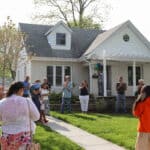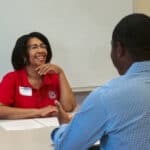Economic inequality is an issue that affects communities across the United States. At YouthBuild Lake County (YBLC), we believe that education is one of the most powerful tools to address this challenge. By providing equitable access to educational opportunities, we can help bridge the gap and create pathways to economic mobility for underprivileged individuals.
WHAT DOES ECONOMIC INEQUALITY LOOK LIKE?
Economic inequality refers to the unequal distribution of wealth, income, and resources within a community. This can result in significant disparities in living standards, access to opportunities, and overall quality of life. In the context of YBLC’s participants, economic inequality manifests in several key ways:
Access to Education: The majority of YBLC participants come from low-income backgrounds and face various obstacles in obtaining a high school diploma, such as transportation issues, individualized needs within the classroom, and financial constraints. Without this critical educational milestone, individuals experience higher unemployment rates and lower earning potential, which hampers their ability to achieve economic stability.
Employment Opportunities: Economic inequality limits the job opportunities available to YBLC participants. Without the necessary education and vocational training, many young adults find themselves stuck in low-wage jobs with little room for advancement. This lack of economic mobility prevents them from improving their financial situation and escaping poverty.
Supportive Services: Economic inequality also affects access to essential supportive services such as healthcare, mental health counseling, childcare, and transportation. Many YBLC participants face barriers that hinder their ability to participate fully in educational and vocational programs. For example, the inability to afford childcare or transportation can prevent individuals from attending classes or training sessions, further limiting their opportunities for economic advancement.
THE POWER OF EDUCATION
Having a high school diploma significantly impacts an individual’s economic prospects. According to a report by the U.S. Bureau of Labor Statistics, individuals without a high school diploma have higher unemployment rates and lower median weekly earnings compared to those with a diploma. In 2020, the unemployment rate for those without a high school diploma was 11.7%, while it was 9.0% for high school graduates. Moreover, high school graduates earned a median weekly income of $781, compared to $619 for those without a diploma. This disparity highlights the importance of completing high school as a critical step towards economic stability and upward mobility.
Despite the importance of education, access to quality education is not evenly distributed. The National Center for Education Statistics reports that students in low-income communities often attend schools with fewer resources, less experienced teachers, and lower graduation rates. These educational disparities continue cycles of poverty, as students from disadvantaged backgrounds are less likely to receive the support and opportunities needed to succeed academically and economically. Addressing these inequalities is essential to creating a more just and equitable society.
HOW YBLC IS BRIDGING THE GAP
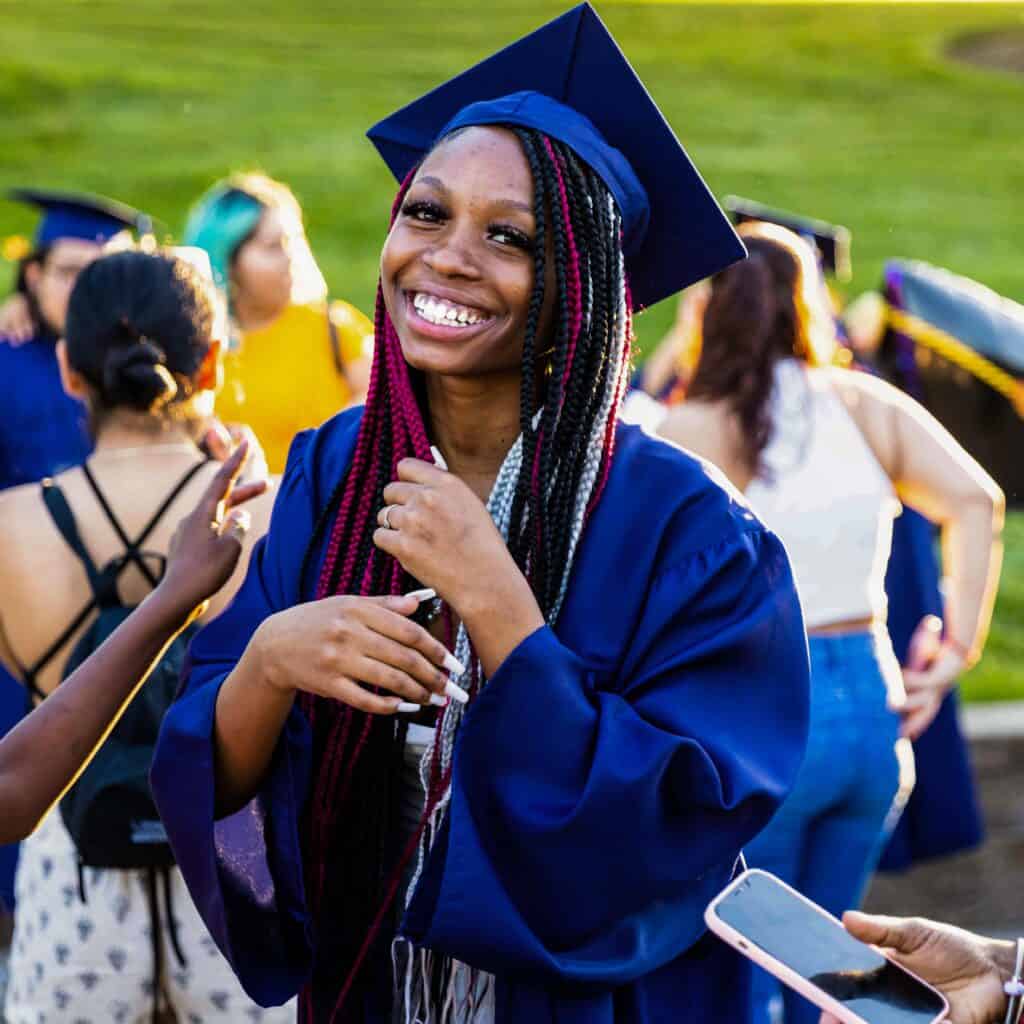
At YBLC, we are committed to leveling the playing field by offering alternative education pathways that cater to the needs of young adults who have struggled in traditional educational settings. Our programs are designed to provide participants with a supportive and inclusive learning environment, enabling them to achieve their academic and career goals.
ACCREDITED HIGH SCHOOL DIPLOMA
We offer an accredited high school diploma through Penn Foster, allowing our participants to work at their own pace and providing our education staff with the flexibility to offer individualized support. This approach ensures that each participant receives the attention and resources needed for their academic success. Participants can also transfer in credits from their previous high school, accelerating their path to graduation and making the transition smoother.
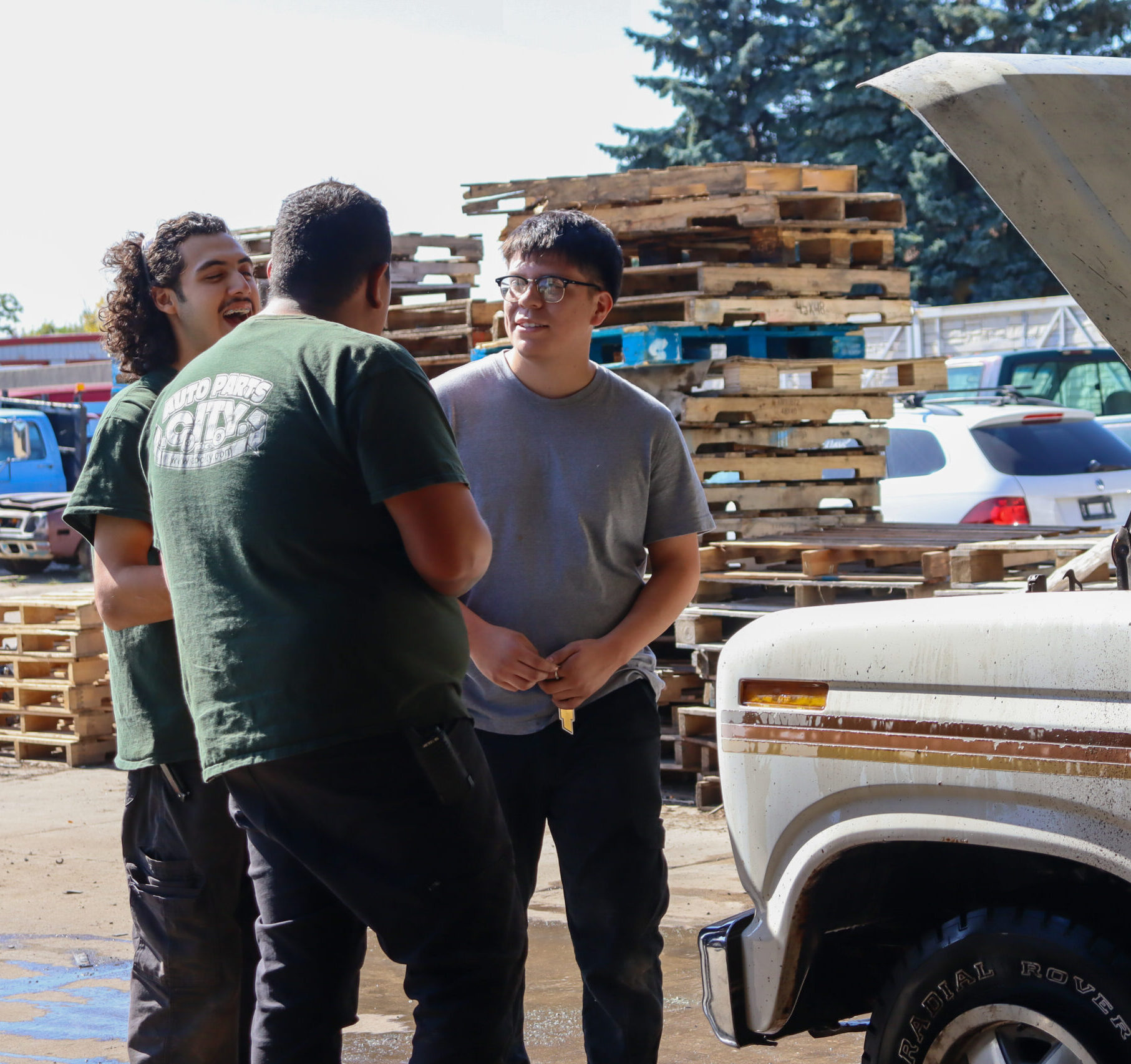
TRAINING & DEVELOPMENT
In addition to academic programs, we offer vocational training that equips participants with practical skills in fields such as construction, healthcare, and automotive. These programs provide hands-on experience and industry-recognized certifications, making our participants more competitive in the job market.
We also give participants the opportunity to gain experience in a three-week internships with local employers in their chosen industry. This real-world exposure allows them to jumpstart a career within a field that would normally be inaccessible to them, providing invaluable experience and networking opportunities that can lead to long-term employment.
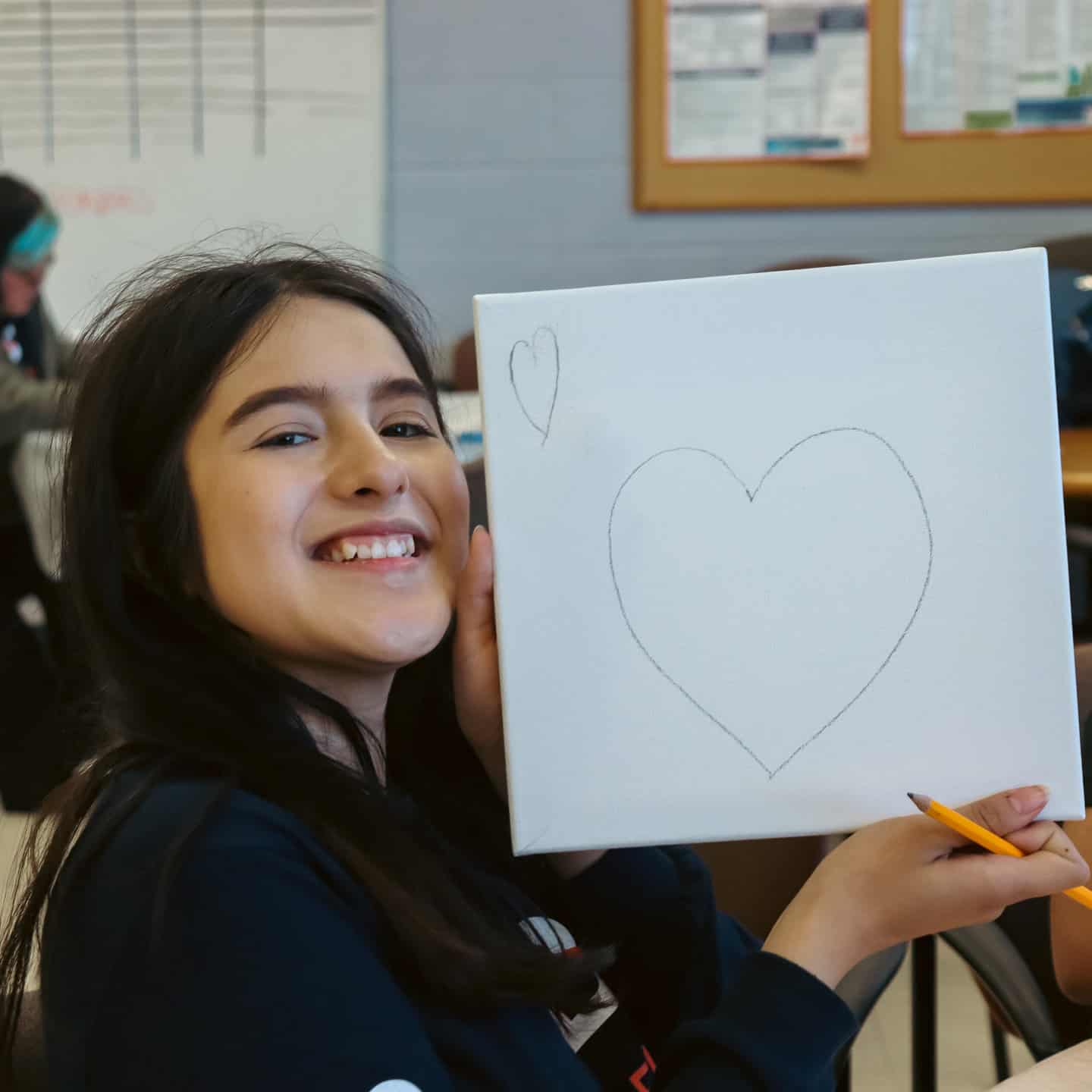
PERSONAL FINANCE COURSES
YBLC offers personal finance courses to help participants create budgets and manage their finances effectively. These classes provide essential knowledge on financial planning, spending, and saving, empowering individuals to achieve financial stability. By understanding and applying these principles, participants can make informed decisions that positively impact their economic futures.
Financial literacy is a crucial tool in breaking the cycle of economic inequality. YBLC’s personal finance courses equip participants with the skills needed to manage their money wisely and build a secure financial foundation. This education helps individuals gain control over their finances and work towards long-term economic independence.
THE END RESULT OF EDUCATION ON ECONOMIC EQUALITY
When programs like YBLC and the resources they provide are made available, underserved young adults are given the opportunity to succeed. According to Jobs for Alabama Graduates, the number of benefits to having your diploma are immense.
• High school graduates are more likely to be employed, make higher taxable income, and aid in job generation.
• High school graduates earn a national average of $8,000 more annually compared to high school dropouts.
• High school graduates are less likely to engage in criminal behavior or require social services.
• High school graduates have better health and longer life expectancy.
Beyond the statistics, a real-world example can be found in the words of Marisol, a 2019 YBLC graduate who is now a Certified Nursing Assistant (CNA) at the Lake County Health Department. She reflects, “I think one of the main things that makes me happy is that I got my high school diploma and a few other certifications that can really help me move on in life. I don’t feel like I will be stuck in a job anymore. I have options available to me. I can do things for myself now.”
Marisol’s story demonstrates the transformative power of education. When given the tools and opportunities to build a resume and the skills to work within the professional world, our participants are gaining access to something many people often take for granted: options. Instead of feeling stuck in a job with no prospect for growth, she is now has the economic freedom that comes with a career– for her and her children.
We do what we do because we believe that education is the key to unlocking a brighter future. By bridging educational gaps, we are not only helping individuals like Marisol, but also nurturing a community within Lake County that is more economically equitable. Our commitment to education and workforce development positions demonstrates that when we invest in people, we create lasting change that benefits everyone.
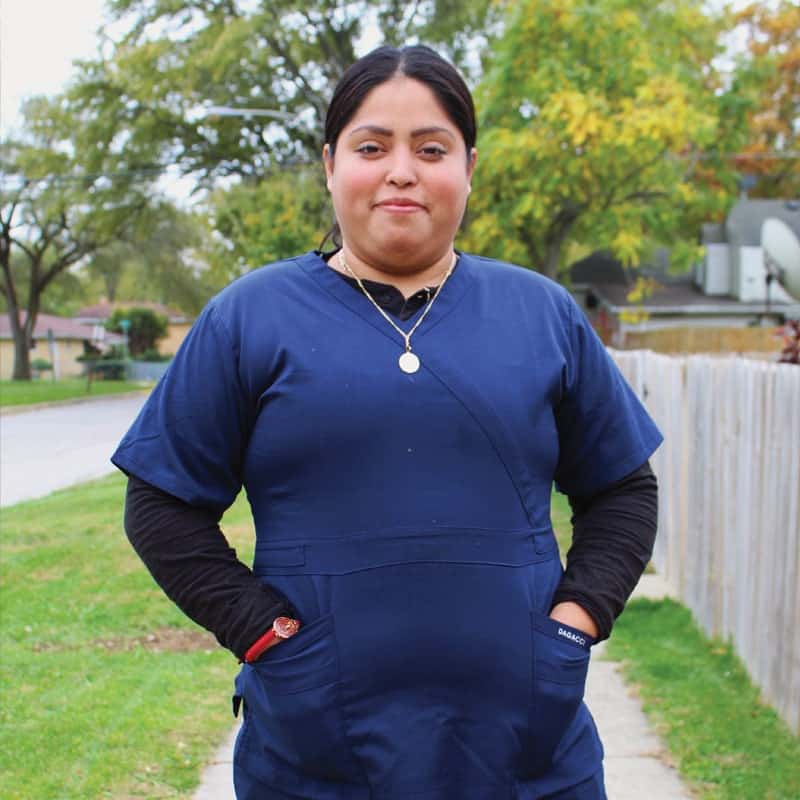
Marisol, graduate of YBLC’s 2019 YouthBuild program. She now works as a CNA and is able to provide for her children.
